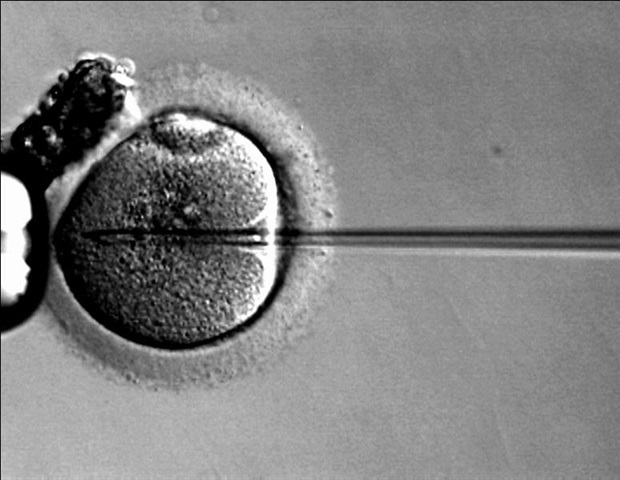The ZEST clinical trial, designed to evaluate niraparib (Zejula) for the prevention of breast cancer recurrence in patients with circulating tumor DNA (ctDNA), failed to accrue enough patients positive for ctDNA, according to results presented at the San Antonio Breast Cancer Symposium (SABCS), held December 10-13, 2024. As some of the lessons learned from this trial, investigators suggest beginning ctDNA testing during treatment rather than waiting for treatment completion as done in ZEST, and including patients with high- risk disease, which may lead to more patients with a positive ctDNA test who would therefore be eligible for intervention with a therapeutic. Identifying patients with minimal residual disease (MRD) after treatment and intervening with appropriate therapies is critical to delaying or preventing disease recurrence, explained study presenter Nicholas Turner, MD, PhD, the director of clinical research and development at The Royal Marsden Hospital and Institute of Cancer Research in London.
Turner and colleagues initiated the ZEST phase III clinical trial to evaluate the potential of the PARP inhibitor niraparib to prevent breast cancer recurrence in patients with MRD, defined in this study as the presence of ctDNA after the completion of their recommended treatment course. The aim was to develop a new treatment strategy for patients with stage 1 to 3 breast cancer who have detectable ctDNA and therefore are at higher risk of recurrence." Nicholas Turner, MD, .


















